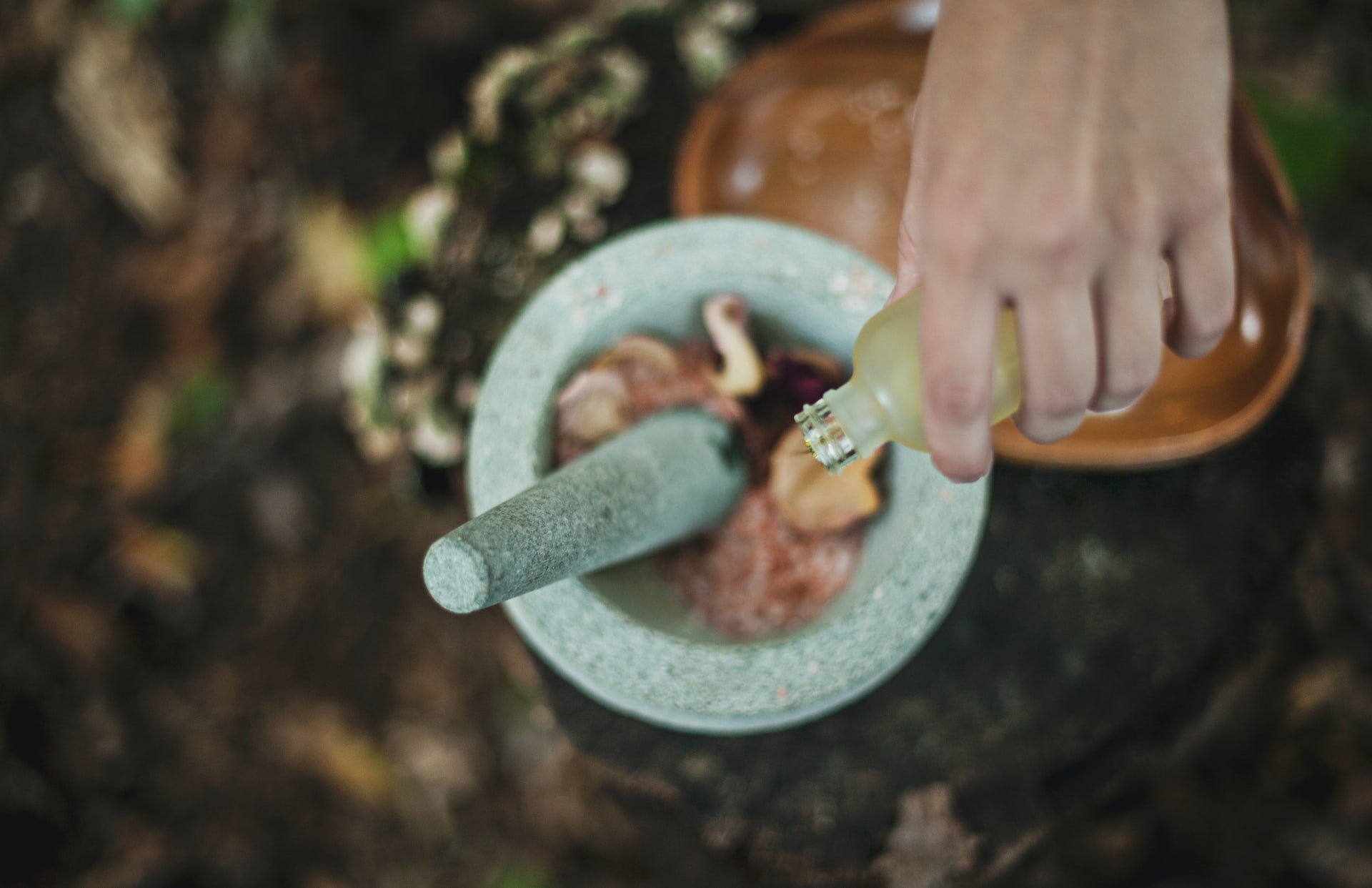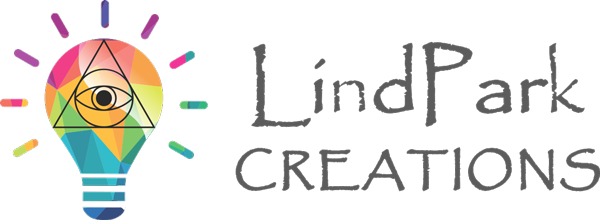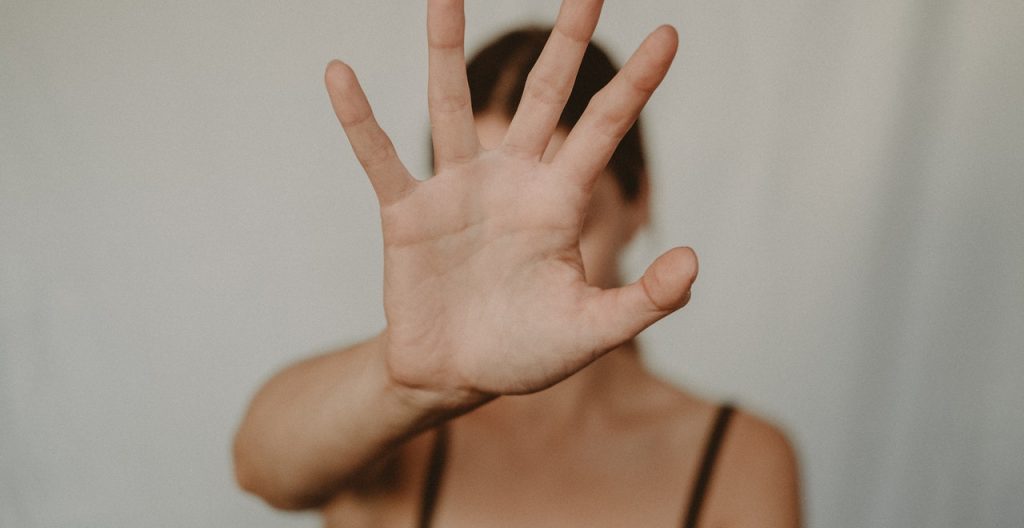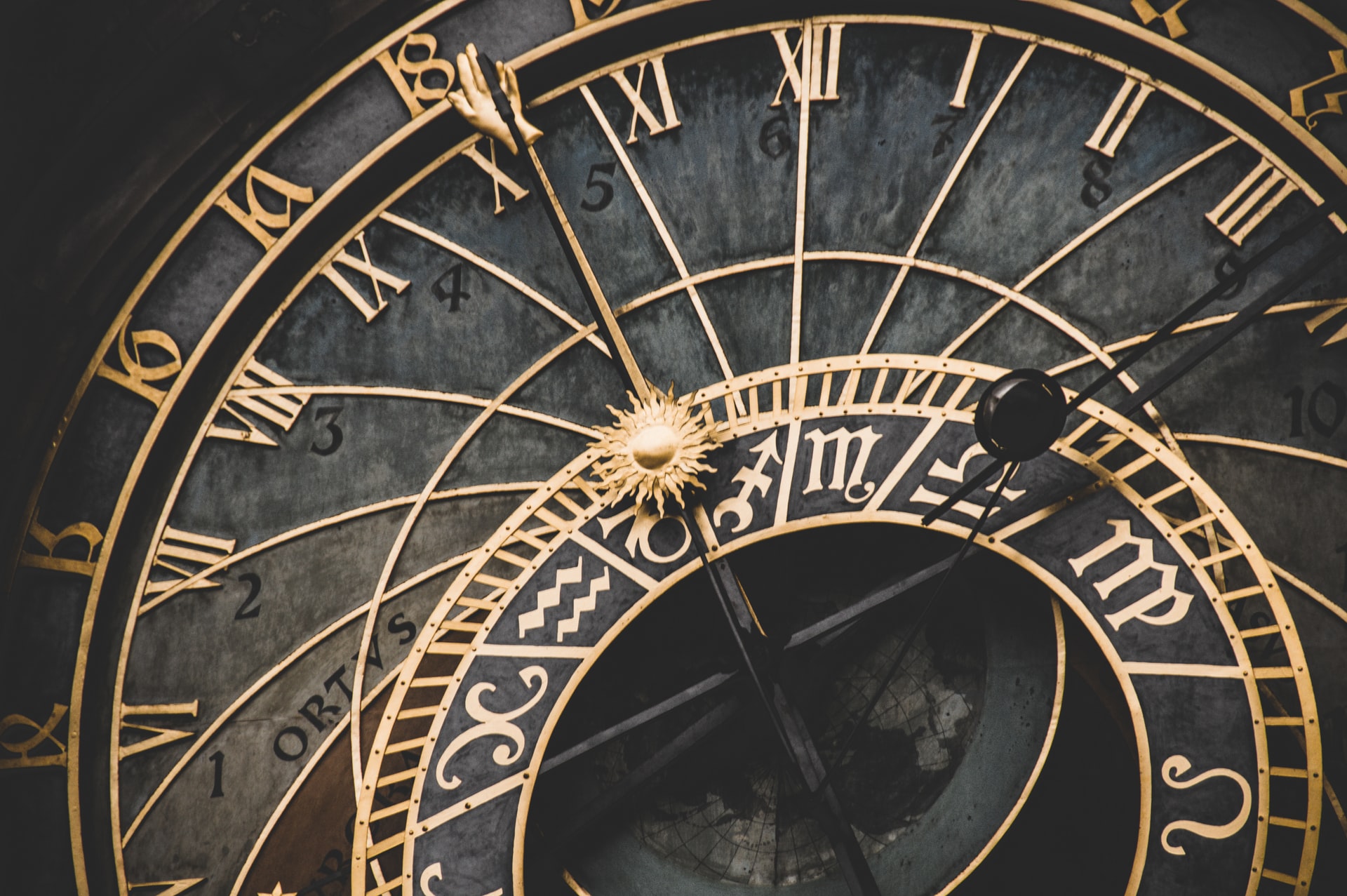People who think acne is just a passing problem in a teenager’s life are not looking at the full picture.
The parents, siblings and everyone who lives in close contact with a teen affected by acne know it is not a problem of vanity, or a simple desire to blend in and feel accepted by their peers.
13 to 18 years old is a critical age in the development of a teenager: they start observing social interactions and noticing what people like or dislike about them. And whether we accept it or not, physical appearance plays a big part in gaining self-esteem and building their identity.
But acne, especially cystic acne, which is the most serious type, is not just an aesthetic problem. Acne is mostly caused by hormonal imbalances that are typical of adolescence. This helps to explain why teens seem to “overreact” and blow up the issue disproportionately. The very cause of their acne is what’s dictating their emotional response to it. Talk about a vicious cycle!
Acne can also cause physical pain, as we can see in kids with severe “bacne”. Many of them cannot sleep on their backs because of the pain.
And in some cases, acne is worse than a character-building experience that lasts a couple of years and ends with adolescence. Some people have acne well into adulthood.
The compounded social, emotional and sometimes physical discomfort is enough to explain why many teenagers and their parents resort to Accutane as a quick fix to all their problems.
Initially considered a miracle drug for the cure of acne, over the years Accutane has gained a negative reputation due to a long list of side effects, including depression, birth defects and suicidal thoughts.
Someone you know may have taken this drug, overlooked the side effects, and only mentioned the great results they have experienced.
This article wants to provide some truth about Accutane; the facts below, which come from published research, are often left out of the conversation young boys and girls and their parents have with their doctors and dermatologists. But I think it’s important that we bring those issues to the table, so people can make an informed choice when choosing an acne treatment.
10 Things They don’t Want You to Know about Accutane

-
It was developed as a chemotherapy drug
Accutane has been used for decades in chemotherapy treatments because it decreases cellular proliferation in the entire body. Put simply, it prevents many types of cells from multiplying: skin, bone, digestive system, mucous membranes, brain, and cancer cells.
Skin dryness and acne reduction just happen to be two of their side effects.
As you can imagine, impeding the body’s ability to produce certain cells may harm the health of your organs.
Photo by Noelle Otto from Pexels
-
Officially the manufacturer doesn’t know how it works
The Physician’s Desk Reference of Hoffmann-La Roche’s Accutane states that “the exact mechanism of action is unknown”.
This means that the company that created the drug doesn’t understand how it works to reduce acne or how it causes its many side effects.
Whether they don’t know it or don’t want to disclose it, it is a bit concerning, isn’t it?
-
It is considered one of the most dangerous drugs ever approved
Some consider Accutane the most dangerous product on the market for the last 25 years.
It’s among the top four drugs that attract the most reported adverse drug reactions on the FDA’s database (the US Food and Drug Administration).
The list of side effects and warnings in the US Physician’s Desk Reference is 7-pages long.
In the US, since this drug was approved by the FDA in 1982, its warning label has been changed more than 50 times to modify the list of adverse reactions it can cause.
The list of warnings in Roche’s official Accutane Medication Guide is not for the faint-hearted. Here are some of them for you to consider:
“Certain symptoms may mean that your internal organs are being damaged. These organs include the liver, pancreas, bowel (intestines), and esophagus (connection between mouth and stomach). If your organs are damaged, they may not get better even after you stop taking Accutane.”
“Some people taking isotretinoin [the active ingredient included in Accutane] have developed hearing problems. It is possible that hearing loss can be permanent.”
“There are reports that some patients had stunted growth after taking Accutane for acne as directed.”
“Accutane can increase the pressure in your brain. This can lead to permanent loss of eyesight and, in rare cases, death.”
Sure, many drugs boast a long list of scary warnings, but this one is pretty impressive. Especially for a drug prescribed to children, who are still in the development phase of their lives
-
It causes vitamin A toxicity
Accutane is estimated to be 100 times more potent than vitamin A supplements, which is why the side effects of Accutane look like vitamin A intoxication.
A 1972 study showed that the ingestion of large amounts of vitamin A is known to cause depression and psychiatric illness.
Other symptoms of high dose vitamin A are anorexia, dry itchy skin, dry eyes, alopecia, swelling of the brain, fatigue, irritability and somnolence
-
It can cause birth defects and miscarriages
Don’t take my word for it. Again, read what Roche’s included in Accutane’s list of contraindications:
“Accutane must not be used by female patients who are or may become pregnant. There is an extremely high risk that severe birth defects will result if pregnancy occurs while taking Accutane in any amount, even for short periods of time. Potentially any fetus exposed during pregnancy can be affected. There are no accurate means of determining whether an exposed fetus has been affected.”
“Birth defects that have been documented following Accutane exposure include abnormalities of the face, eyes, ears, skull, central nervous system, cardiovascular system, and thymus and parathyroid glands. Cases of IQ scores less than 85 with or without other abnormalities have been reported. There is an increased risk of spontaneous abortion, and premature births have been reported.”
-
It speeds up the aging process by prematurely drying out the entire body
Take a look around: how many people in their 50s, 60s or 70s do you see with oily skin or acne? Close to none, I’d say. That’s because, as the body ages, the skin gradually and inevitably dries out. This means that oily and pimply skin is a clear sign of youth!
Now it’s understandable that teenagers don’t want to hear about unpopular shiny foreheads and red cheeks. And they definitely don’t think about the long-term consequences when the prospect of clear skin is on the line.
However, the effect of extreme dryness happens (in varying degrees) to everybody while taking Accutane – a common testimonial given by young people is that they feel like an 80-year-old in an 18-year-old body.
And sometimes, these effects stay with people for their entire life, even if they’ve taken the drug for a short period.
-
It has been linked to depression and suicide
There is plenty of evidence to support the link between Accutane and depression as well as suicide.
Andrew Neel on Unsplash
Suicidal tendencies have been recorded even in patients with no prior history of psychiatric symptoms or suicide attempts.
“Stacy and Mike Baumann of Mundelein Illinois lost their son Daniel to suicide in December 1999. Daniel began Accutane treatment in July 1999. He suffered many adverse effects; chapped lips, dry skin and itching, joint and muscle pain, headaches, nausea, loss of appetite, mood swings, and insomnia. The physician thought his depression was school-related and never mentioned the FDA warning.”
-
It can permanently affect libido and sexual pleasure
From Kevin Pezzi, M.D. The Science of Sex:
“While there are many drugs that interfere with one or more aspects of sexuality while the user is taking them, with one exception all of these problems resolve once the drug is discontinued. The only drug that can permanently affect libido and sexual pleasure in some people is Accutane.”
One reason for wanting to get rid of acne is to become more attractive to the eyes of a potential partner. But what’s the point if the treatment has a high risk of damaging a couple’s sexual life for years to come?
-
It has generated many “survivor” support groups
Roche itself has admitted several years ago that there are over 40,000 Accutane adverse drug reaction reports on the database at their headquarters in Basel, Switzerland
It is not surprising that teens look for answers and help where they spend most of their time: online. Over the years, many groups have been created on social media to offer support to people struggling with the infamous Accutane’s side effects. Their names speak for themselves: “Girls Helping Girls with Accutane”, “Accutane Long Term Side Effects” and “Accutane Survivors, Roaccutane, Isotretinoin Injuries & Side Effects” to name a few. Pretty telling, isn’t it?
- Severe side effects can appear months or even years later
People often don’t associate problems with Accutane because of their latency. Some acne patients had the worst side effects appear months after finishing the treatment. Many others talk about having side effects up to five years down the track, while some had to deal with the aftermath 10 to 15 years later.
Roche states that Accutane’s side effects immediately disappear after cessation of treatment. The reality is that some of the people who took the drug when it first became available in 1982 were still suffering from side effects 20 years later.
Even more concerning is the fact that, as of today, there doesn’t seem to be an antidote or a medical treatment to counteract all the permanent negative effects caused by this drug
To summarise, these are the possible side effects of Accutane:
- Dry, itchy skin and wrinkles
- Chronic dry eye, dry skin, dry nasal passages
- Hearing problems
- Eczema
- Hyper-pigmentation
- Scarring
- Hair loss
- Infertility
- Sexual problems, including erectile dysfunction and loss of libido
- Insomnia, depression, anxiety, mental changes, suicidal thoughts
- Liver toxicity
- IBS and gut microbiome dysbiosis
- Joint pain and muscle weakness
- Blood sugar problems and diabetes
So why do people take the risk? Have they not been informed about the potential reactions? Are they only focusing on the results, overlooking the long-term side effects?
Accutane is often prescribed as the first therapy, even for people with mild-to-moderate acne. This shouldn’t be the case, since other remedies can bring the desired results with less or no side effects.
Bill Sardi, an investigative health journalist, writes:“An ongoing human horror story surrounds Accutane, the vitamin A drug used to treat acne. An untold number of Accutane users face lifelong chronic side effects, and doctors offer no solutions to these problems. But there is hope. Effective natural remedies for acne would eliminate the appalling side effects of Accutane.”

What a Natural Acne Treatment Can Do for You
During the first 28 years of my life, I suffered from eczema, asthma, allergies, urticaria and alopecia. No one better than me understands what it means to fight against skin issues!
Katherine Hanlon on Unsplash
I turned to Naturopathy and Herbal Medicine to cure myself and help other people in similar situations. I’ve spent over 20 years in the natural medicine field successfully treating chronic skin diseases, including acne and cystic acne, in the most natural way possible.
“LindPark Creations”, the range I developed for my patients, combines the finest practitioner-strength herbs and vitamins, along with other natural ingredients to quickly and effectively alleviate the most severe skin issues.
I tell my patients there is no more dilemma: you can have an acne treatment that works with no side effects!
Want to get back your self-esteem and social life?

Our Cystic Acne & Scar Treatment Cream works fast to fight against infected breakouts, inflammation and severe scarring:
- Enriched with Tea Tree Oil, Thyme, Nigella and Myrrh, known for their antibacterial and antifungal actions, it fights fungus and bacteria at the source and prevents acne from spreading. Think of this cream as a “natural antibiotic” for the skin (without the nasty side effects!)
- It keeps redness and swelling under control, thanks to a calming and nutritive antioxidant blend of Vitamin E, Calendula, Rosehip and Lavender
- It decreases the production of sebum
- It reduces blackheads and whiteheads, thanks to the astringent and pore-tightening powers of Green Tea Extract and Lemon Essential Oil
- It heals scarring and helps pigmentation fade away
- It is quick-acting and starts working within 1-2 days
Read what people who’ve tried the Cystic Acne & Scar Treatment Cream have to say:
Love This Product
“Finally We got results!!! We purchased Cystic Acne Scar Cream last week for our teenage daughter and after years of trying different creams that didn’t work or make any difference. We had a friend recommend the cream as they had bad face, chest and ‘Bacne’ My daughter is so happy to finally see changes and we would highly recommend the cream to any teenagers dealing with hormonal acne.”
Briarley Saul – NSW
5 Star
“I ordered a Cystic Acne Cream and was so impressed by the results. After one night I noticed a considerable difference in inflammation and swelling. I use it every morning and night now. The cream smells really nice and fresh (I’ve been complimented twice actually!), and the ingredients are completely natural. On the label, it actually describes the benefits of each of the ingredients, which adds a level of transparency you don’t usually get with the bigger skincare companies. I highly recommend this business!”
Courtney Cousins – NS
Sources:


